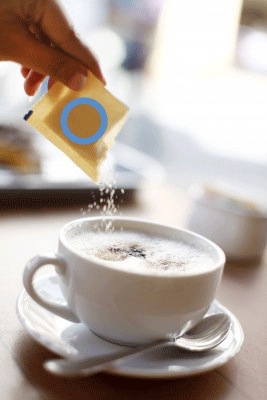Discovering Links Between Gut Bacteria And Brain Function
Forbes/Wolfe Emerging Tech Report
David Perlmutter, MD, FACN, ABIHM is a Board-Certified Neurologist and Fellow of the American College of Nutrition. Dr. Perlmutter serves as an associate professor at the University of Miami School of Medicine. He has contributed extensively to the world medical literature with publications appearing in the Journal of Neurosurgery, the Southern Medical Journal, Journal of Applied Nutrition and Archives of Neurology.
He is the author of many books, including: The Better Brain Book, Raise a Smarter Child By Kindergarten, Power Up Your Brain: The Neuroscience of Enlightenment, the #1 New York Times bestseller Grain Brain–The Surprising Truth About Wheat, Carbs and Sugar–Your Brain’s Silent Killers, New York Times bestseller The Grain Brain Cookbook, and New York Times bestseller Brain Maker: The Power of Gut Microbes to Heal and Protect Your Brain–For Life, and is recognized internationally as a leader in the field of nutritional influences in neurological disorders.







Recent Comments